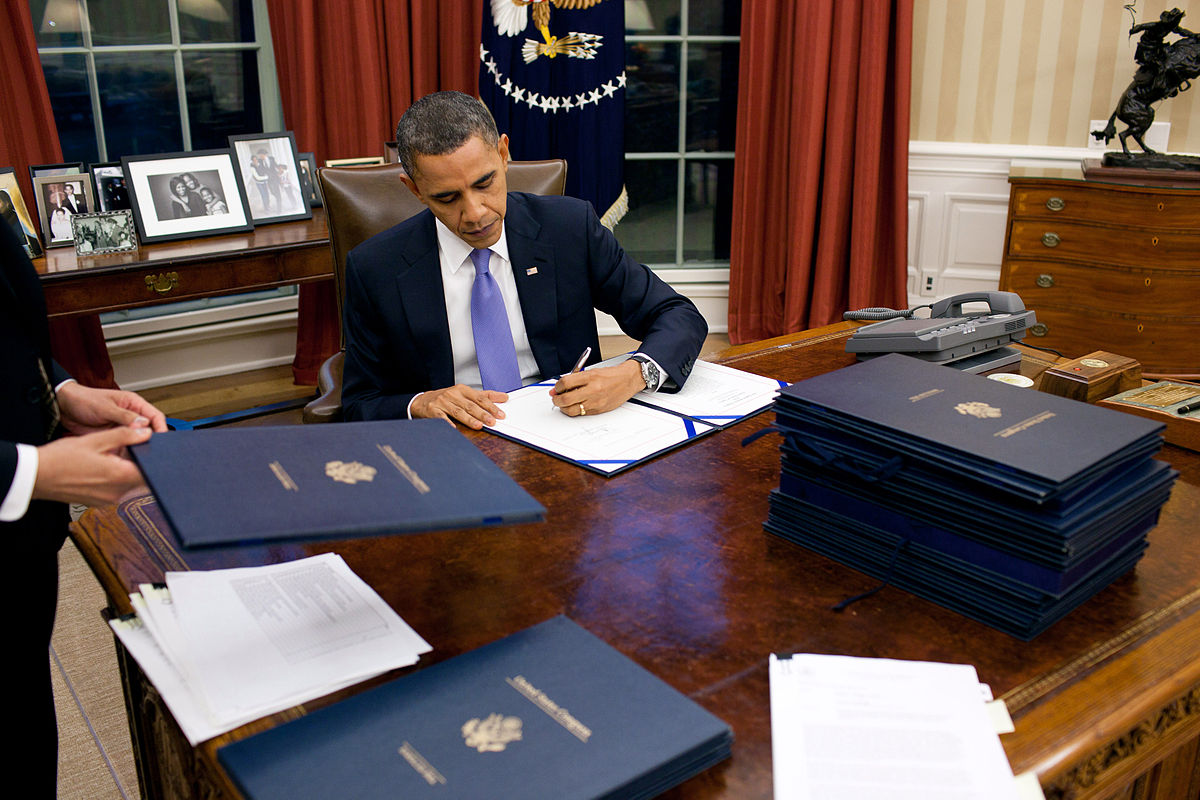
By Matt DeSantis, Staff Writer
September saw the first Congressional override of a presidential veto in President Barack Obama’s term, resulting in a law that limits the scope of foreign states’ sovereign immunity even further than its predecessor, the 1976 Foreign Sovereign Immunities Act.[1][2] The passage of this bill demonstrates a lack of regard for one of the fundamental tenets of international law: reciprocity or “[t]he mutual concession of advantages or privileges for purposes of commercial or diplomatic relations.”[3]
The Justice Against Sponsors of Terrorism Act (JASTA) grants private American citizens the right to sue foreign states in federal court for their involvement in the events of any terrorist attack.[4] Although there is no mention made regarding any specific state or event in the language of the bill, it has been widely considered to allow suits to be brought against Saudi Arabia for the events of Sept. 11, 2001.[5]
Prior to the passage of JASTA, in order to be subject to American jurisdiction, the state must first consent to that jurisdiction, and can only be coerced when accused of certain breaches of commercial or maritime law.[6] In order to circumvent these requirements, the new law allows the courts to seize foreign assets in order to compensate the plaintiffs when necessary.[7] The passage of this bill over Obama’s veto can incite other nations to pass similar laws regarding American military activities on their sovereign soil. This is because of the universal principle of reciprocity.
Reciprocity is the international version of the Golden Rule: States act toward each other in ways that they expect or want other states to act toward them. An example of this is the status of diplomats and embassies in all countries around the world. In general, every state will treat all embassies and accompanying diplomats with respect, granting diplomatic immunity from prosecution and treating the embassy as sovereign soil of that state. A major motivation for this behavior is the desire to receive those same courtesies.[8]
The doctrine of reciprocity provides states the precedent to pass similar laws, but their major motivations are military and monetary.
Allowing American citizens to bring a suit against a foreign state for acts of terrorism opens the door for foreign states to bring the U.S. to court for any acts of aggression that the country considers terrorism. The definition of terrorism used in this law describes it as “a violation of the criminal laws of the United States,” which gives any other nation working under the framework of this bill significant latitude in which to differ from this definition of terrorism.[9]
The U.S. military’s incursions into Iraq, Afghanistan, and Syria alone give rise to innumerable suits that can be brought against the government under the conditions set by this bill. Any airstrike against a civilian target, whether intentional or not, could give rise to a suit. These lawsuits would bring more international attention to American military actions in these regions and possibly provide a disincentive for further actions.
Additionally, the pervasiveness of American investment almost ensures that there will be American assets for the country to liquidate in order to award damages if the U.S. refuses to consent to those jurisdictions. The relative poverty of many of the countries in which the U.S. conducts military operations that would lead to suits is another motivational factor for those states to limit U.S. sovereign immunity.[10]
The true effect of this law will become clearer in the coming days as the courts decide how far their reach extends and whether or not the bill is even constitutional. Depending on the outcome of the first lawsuits, foreign states may retaliate with their own laws or their own lawsuits. Although ostensibly a bill to compensate the victims of Sept. 11 and provide them a measure of justice, the language is vague enough that the effects will be unpredictable for the foreseeable future.
Sources
[1] 28 U.S.C. § 1605 (1976)
[2] Kim, Seung Min, Congress hands Obama first veto override, Politico, Sept. 28, 2016, http://www.politico.com/story/2016/09/senate-jasta-228841.
[3] Reciprocity, Black’s Law Dictionary (10th ed. 2014).
[4] Justice Against Sponsors Of Terrorism Act, 162 Cong Rec H 5239
[5] Id.
[6] 28 U.S.C. § 1605
[7] 162 Cong Rec H 5239
[8] Vienna Convention on Diplomatic Relations, Apr. 18, 1961, 23 U.S.T. 3227, 500 U.N.T.S. 95.
[9] 18 U.S.C. § 2331
[10] See Khalid, Adnan, Poverty in the Middle East, Borgen, Sept. 18, 2015, http://www.borgenmagazine.com/poverty-middle-east/.